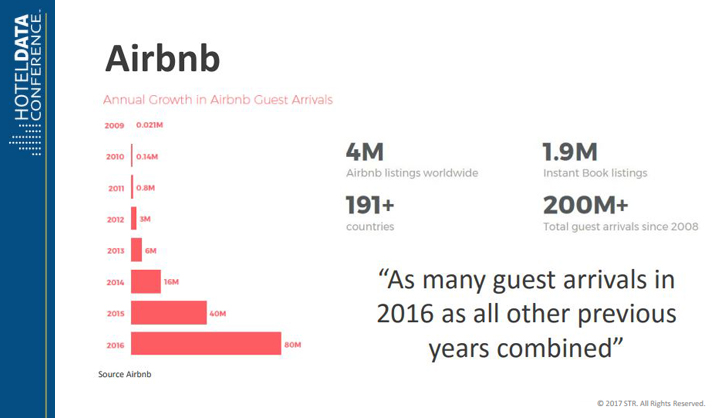 Growth hacking. It’s one of the latest buzzwords, but what does it actually mean? An article by marketing expert Andrew Chen mentions that growth hackers are the new VP’s of marketing. Still, this gives little insight into what exactly it is and what makes it different from marketing as we know it.
Growth hacking. It’s one of the latest buzzwords, but what does it actually mean? An article by marketing expert Andrew Chen mentions that growth hackers are the new VP’s of marketing. Still, this gives little insight into what exactly it is and what makes it different from marketing as we know it.
Growth hacking is a relatively new marketing field that really focuses on growth. This technique started with new startups who were eager to grow massively and quickly with limited budgets. However, it has spread to much larger and corporate level companies. The overall purpose of growth hacking is to bring in as many new customers as possible and grow businesses while not spending very much. However, it’s much more than that. It’s also a mindset and a skillset.
Let’s take Airbnb as an example. The popular Airbnb started as a bed and breakfast using an air mattress. However, according to an article by Growth Tribe, the creators of this service found a way to reverse engineer Craigslist in 2010 and hacked the platform to make use of their customers. By building a bot that redirected  people viewing apartment listings on Craigslist to Airbnb, they began to see a lot of growth. This is growth hacking. Growth hackers are not too worried about the steps that should be taken or the tool that should be used to meet marketing goals, but more interested in using their analytical thinking to find opportunities for growth. This is why startups and companies who need exposure to grow their revenues are interested in the practice. It allows them to attract new customers quickly and for a low cost. Different marketing methods such as social media, targeted advertising, reverse engineering SEO, email marketing, content marketing, analytics, A/B testing, and more can also be used by growth hackers to meet these goals.
people viewing apartment listings on Craigslist to Airbnb, they began to see a lot of growth. This is growth hacking. Growth hackers are not too worried about the steps that should be taken or the tool that should be used to meet marketing goals, but more interested in using their analytical thinking to find opportunities for growth. This is why startups and companies who need exposure to grow their revenues are interested in the practice. It allows them to attract new customers quickly and for a low cost. Different marketing methods such as social media, targeted advertising, reverse engineering SEO, email marketing, content marketing, analytics, A/B testing, and more can also be used by growth hackers to meet these goals.
 To make it a bit clearer, growth hackers are always experimenting and pushing limits in order to find unconventional acquisition strategies. This is why they’re known as “hackers.” Is it ethical? Not really. However, growth hacking methods tend to be effective. Growth hacking also shares the same basic principles as digital marketing. Both disciplines are focused on metrics, increased engagement, increased conversion, and increased retention. Growth marketing isn’t really defining the goal of marketing, but it is definitely changing the way marketers drive awareness and ultimately, drive sales.
To make it a bit clearer, growth hackers are always experimenting and pushing limits in order to find unconventional acquisition strategies. This is why they’re known as “hackers.” Is it ethical? Not really. However, growth hacking methods tend to be effective. Growth hacking also shares the same basic principles as digital marketing. Both disciplines are focused on metrics, increased engagement, increased conversion, and increased retention. Growth marketing isn’t really defining the goal of marketing, but it is definitely changing the way marketers drive awareness and ultimately, drive sales.
Growth hacking is on the rise. The term has been around for a few years but is really now catching fire. For now, it is mostly regulated to startups but in the future, we may even see Fortune 500 companies utilizing growth hacking. However, one thing is for sure. Those who understand growth hacking have competitive advantages.